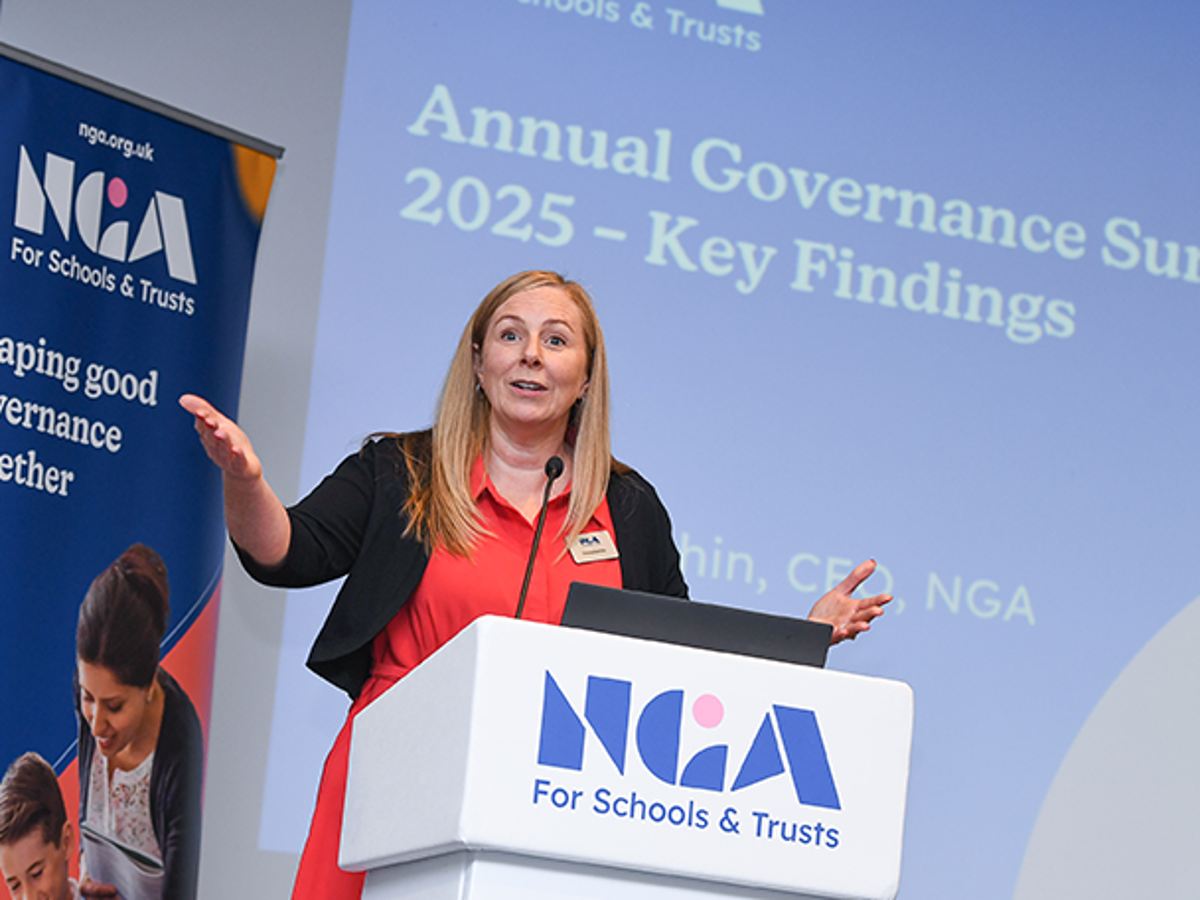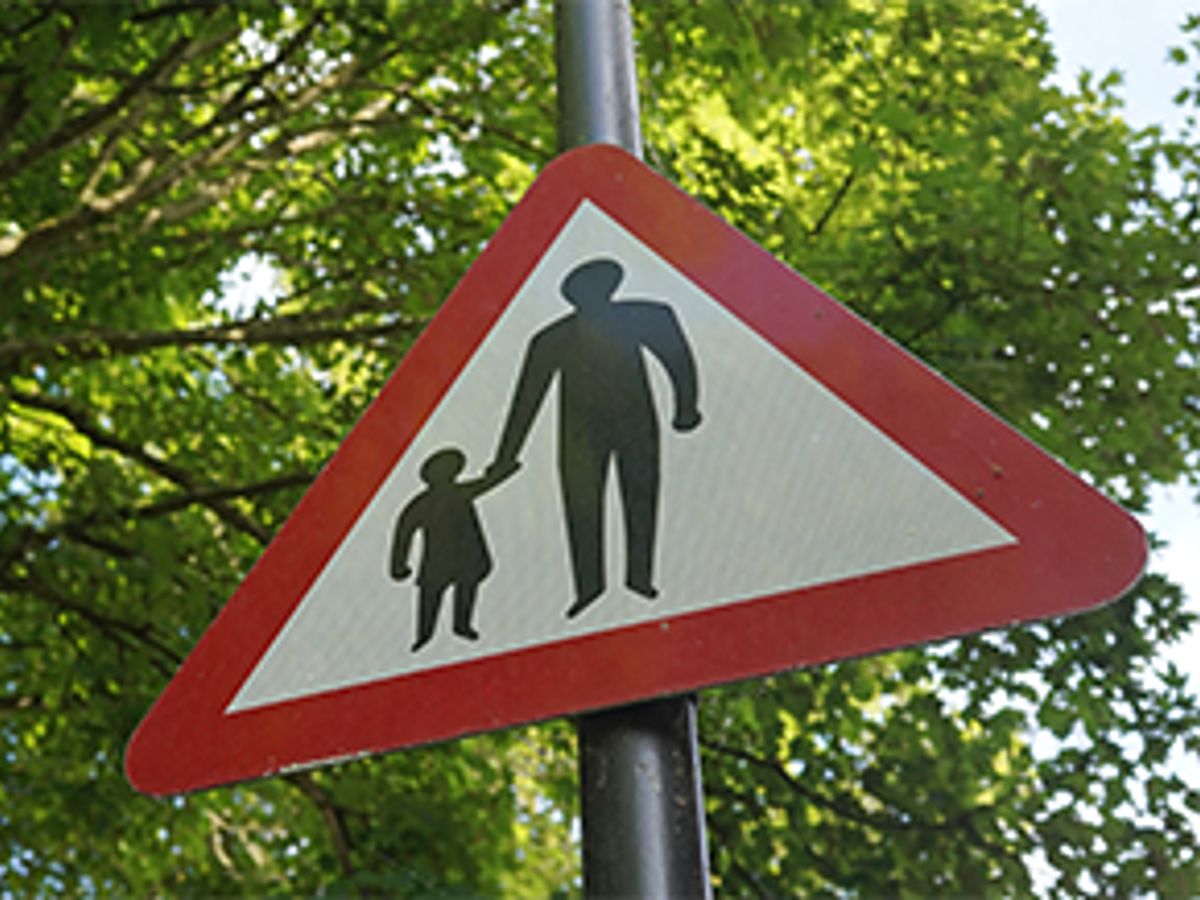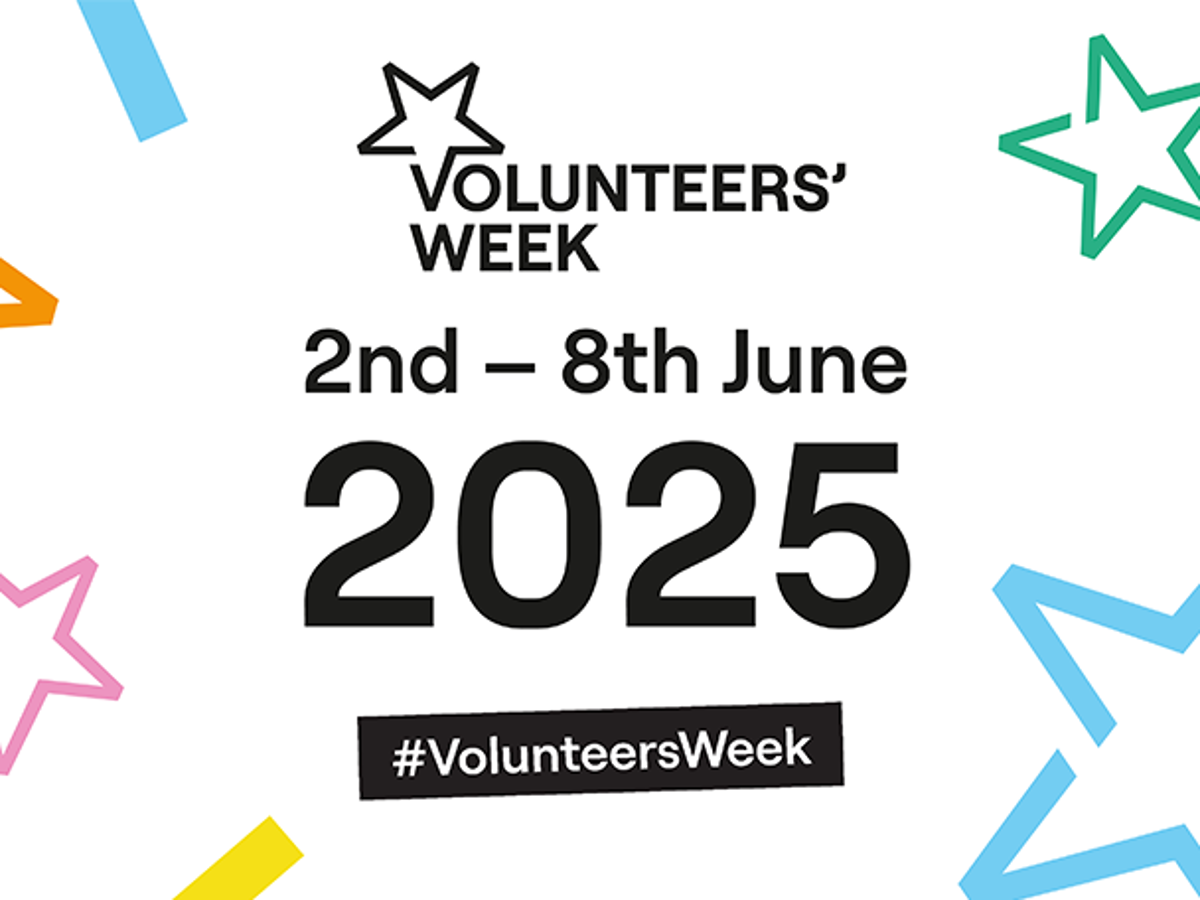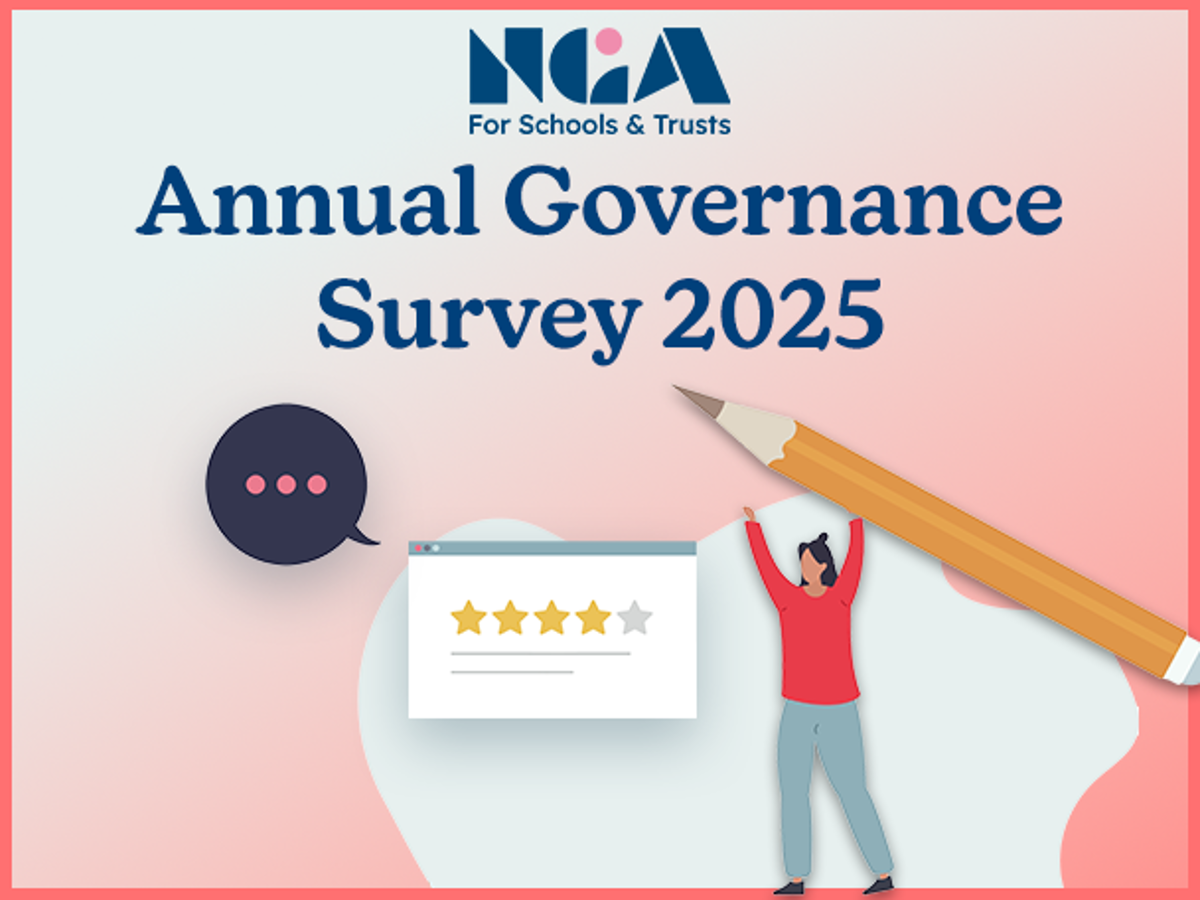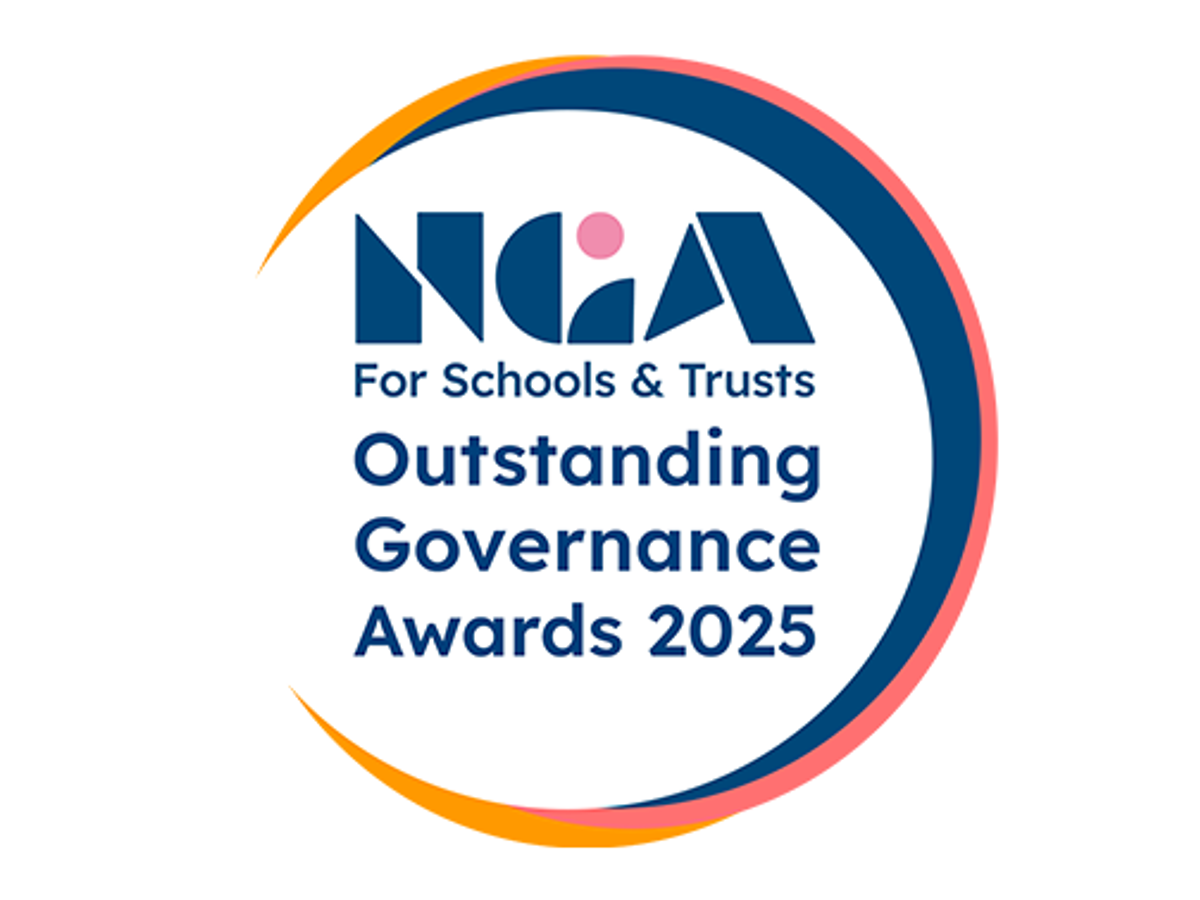Annual Governance Survey 2023 reveals worrying trends in behaviour and safeguarding.

The National Governance Association (NGA) has released its highly anticipated Annual Governance Survey 2023, shedding light on growing concerns over trends in safeguarding and behaviour across schools and trusts in England. The survey, which is the largest of its kind, provides invaluable insights into the challenges and experiences faced by governing boards, trustees, and academy committee members.
Financial concerns grow
Balancing the budget continues as board's most enduring challenge, with 52 per cent of respondents placing it at the top of their list of concerns. Alarmingly, those perceiving their schools as financially sustainable have now dropped to a staggering 18%.
The top financial challenges were found to be staff pay costs, special educational needs and disabilities support and infrastructure costs, including estate management.
Rising Safeguarding Concerns
One of the most alarming revelations from the survey is a substantial rise in safeguarding concerns within the past year (22/23). Over 55% of respondents reported an increase in safeguarding concerns, while only 3% reported a decrease. Neglect, domestic abuse, and bullying, including cyberbullying, emerged as the top three concerns. Notably, self-harm also surfaced as a prevalent worry, with a noticeable upward trend.
The impact of school closures due to the pandemic has undoubtedly played a role in these concerning trends, as 71% of governing boards reported an increase in safeguarding issues when asked as part of 2022’s annual survey.
Challenging Behaviour on the Rise
Behavioural challenges within schools and trusts have also witnessed a concerning spike. 68% of respondents reported an increase in challenging pupil behaviour over the past 12 months. This trend was particularly evident in secondary schools (84%), all-through schools (77%), and alternative provisions (78%). Notably, this issue transcended school phases, as more than half of all schools reported an increase in challenging behaviour.
Respondents commented:“The challenges of worsening behaviour in society following lockdown and the associated increase in exclusions.”
“The pressure the headteacher and senior leadership team are under due to finances, workload stress and burnout of staff, continued pressures after COVID with attendance and behavioural/pastoral issues.”
“Our main issues in school are around attendance/behaviour…”
Other key findings include.
- Balancing the budget remains the top challenge for all school and trust boards (52%). Less than 2 in 10 said they were financially sustainable in the medium to long term.
- Attendance was the only area to feature in both the top three challenges and top three priorities, with parental communication being the most successful tool in tackling it.
- Support staff recruitment and retention was overall the most picked staffing challenge, being especially true for maintained schools.
- Almost 4 in 10 respondents said their buildings were not in good condition
- Views on inspections among those governing remain diverse. A majority (60%) support a graded school inspection system, while 34% don’t.
- Satisfaction with the government's performance on education is at an all-time low among governing boards (9%).
Sam Henson, Director of Policy and Communications, NGA said:"In the ever-changing post-pandemic educational landscape, one of our most important objectives must be to fortify the safeguarding of our children and young people. This year’s survey underscores the vital significance of sturdy policies, ongoing training, and nurturing open channels of communication to tackle these concerns effectively.
The 2023 Annual Governance Survey emphasises the need for both boards and leaders to give top priority to the professional growth and training of themselves and their staff. Strengthening safeguarding policies and adeptly managing challenging behaviour necessitates a multifaceted strategy that confronts the root causes.”
In response to the findings, NGA has issued some key recommendations which it will be presenting to policymakers:
- A wider and more proactive drive centrally and across the sector to address the alarming issue of worsening governor and trustee recruitment issues.
- For the DfE to address remuneration structures covering all school and trust roles in order to attract and retain talented educators, innovators and support staff.
- For the DfE TO commission a pupil attendance task force in order to rapidly respond to support both boards and leaders in tackling the national attendance issue and to include cross-sector representatives to address broader family and societal issues.
- For the DfE to build on the 2022 white paper proposals by promoting both the importance of local governance in MATs and the evidenced practice on how to make it meaningful
- The government should consider how Ofsted, in its present form, needs to be strengthened in order to build the capacity and expertise to carry out meaningful inspections of MATs.
The NGA annual school and trust governance survey is the largest survey of its kind and provides an extensive overview of the governance of state funded schools in England. The survey provides unrivalled insight on the demographic, views and experiences of one of England’s largest volunteer forces. It was open to all school governors, trustees and academy committee members. In total, 2,695 respondents engaged with the survey.















